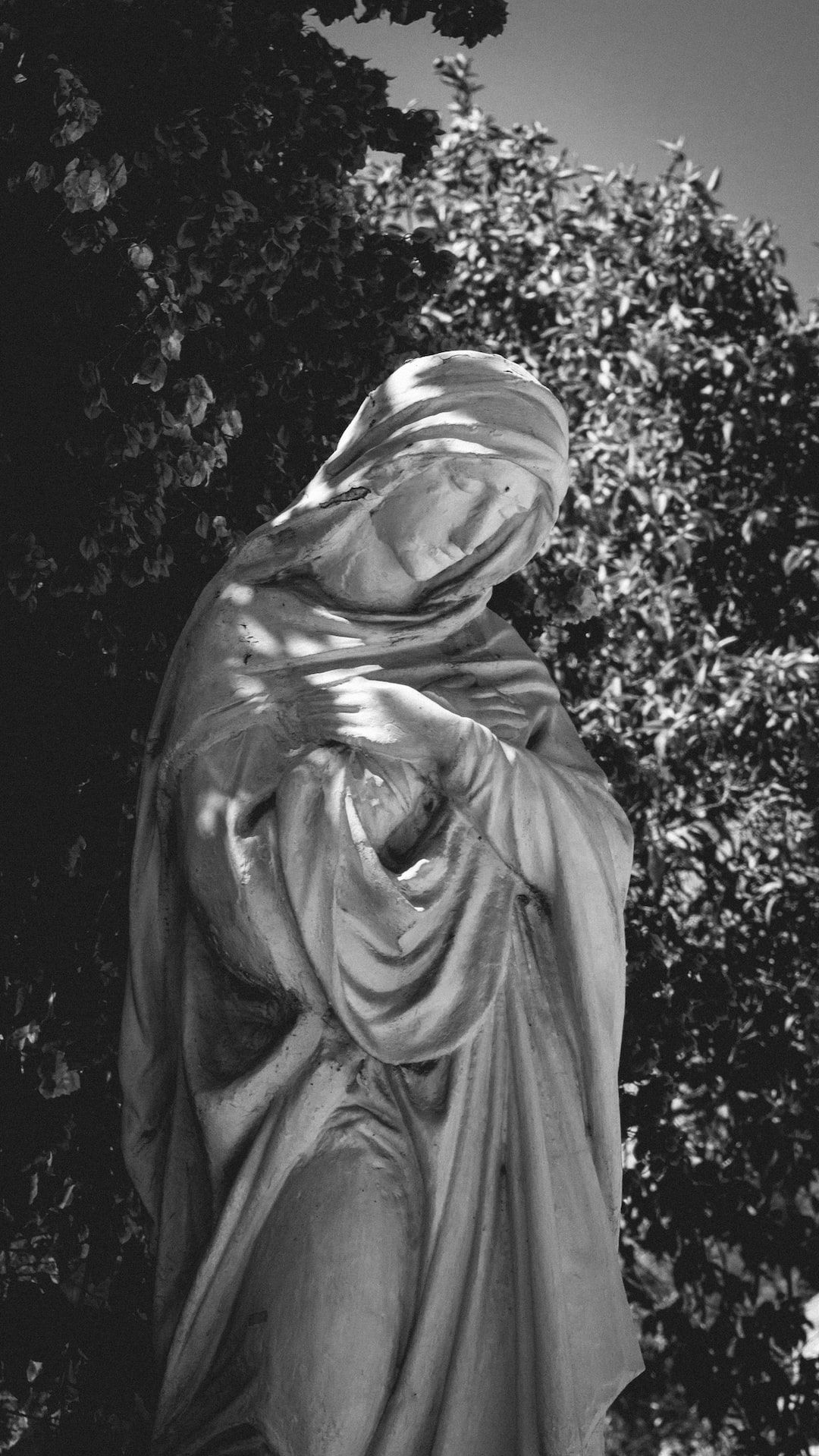The Rich Cultural Heritage of European Festivals and Carnivals
Europe is renowned for its rich cultural heritage, which is vividly showcased through the various festivals and carnivals celebrated throughout the continent. These events not only provide a glimpse into the diverse traditions and customs of each country but also offer a mesmerizing experience for locals and tourists alike. One of the most intriguing aspects of European festivals and carnivals is the way they have retained their significance and vibrancy over the centuries, creating a time capsule of tradition and celebration.
One festival that encapsulates the essence of European cultural heritage is the Venice Carnival, held annually in Italy. Known for its opulence and extravagance, the carnival attracts visitors from all over the world. The streets of Venice are transformed into a vibrant stage, where locals and tourists don elaborate masks and costumes, reminiscent of the historical masquerade balls. As attendees wander through the narrow alleyways and cross the marble fireplaces surround by breathtaking Venetian architecture, they are transported back to the splendor of the Renaissance era.
Moving northwards to Germany, the world-famous Oktoberfest takes center stage. Originating in Bavaria, this festival celebrates the joy of beer and traditional German culture. Visitors from around the globe flock to Munich to experience the lively atmosphere, where large beer tents are set up, traditional music fills the air, and people indulge in hearty German cuisine. The grandeur of this festival is further enhanced by the magnificent surroundings, including ancient castles and picturesque landscapes which serve as a backdrop to the festivities.
Traveling to Spain, the city of Pamplona hosts the exhilarating San Fermín Festival, famously known for the Running of the Bulls. This week-long event draws daring participants who test their bravery by sprinting through the crowded streets while being chased by bulls. This ancient tradition underscores Spain’s cultural heritage and showcases the courage and endurance of its people. The festival has evolved over time and is now a celebration of Spanish culture, with lively music, traditional dances, and vibrant parades.
Europe’s cultural heritage is not confined to a few countries; it stretches across the continent to embrace the diverse traditions of its nations. From the elaborate Venice Carnival to the lively Oktoberfest and daring Running of the Bulls, each festival and carnival tells a unique story of a nation’s history, values, and its people. Whether it is the enchanting streets of Venice or the rustic charm of German beer tents, these events offer an immersive experience that allows visitors to immerse themselves in the cultural fabric of each country.
In conclusion, the rich cultural heritage of European festivals and carnivals provide a captivating insight into the traditions and customs that have been passed down through generations. These events bring together locals and tourists, bridging the gap between history and modernity. As visitors traverse through the marble fireplaces surround by the awe-inspiring architecture, they are transported to a different time and experience the true essence of European cultural heritage.

